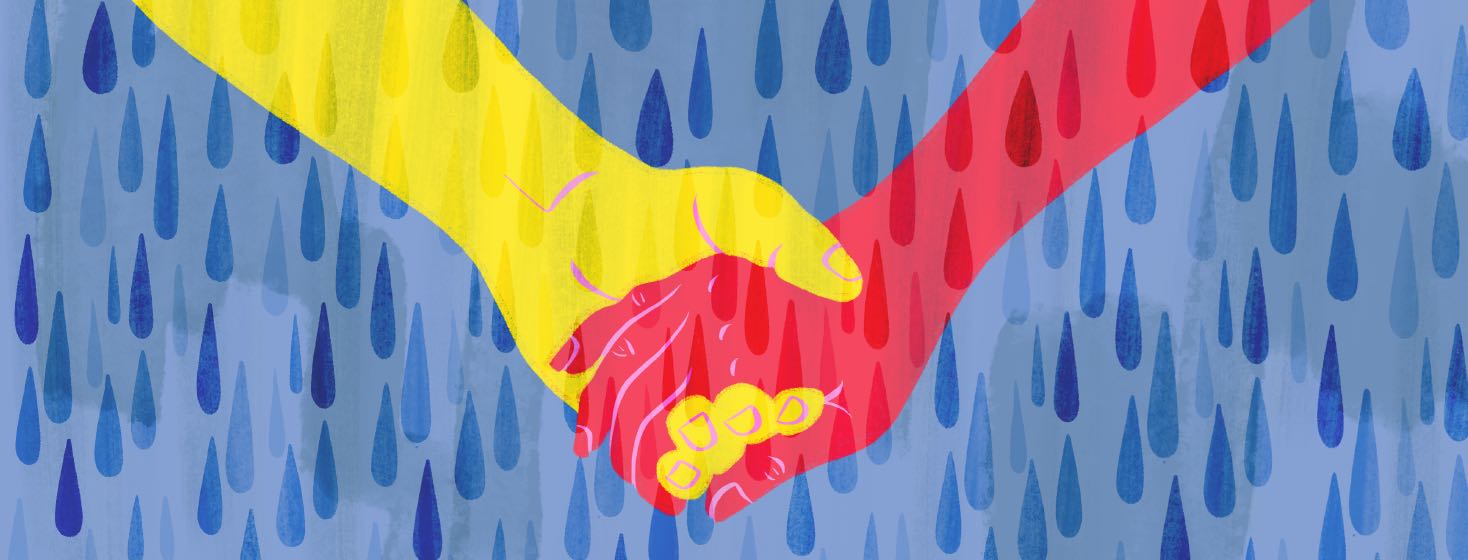Caregiver Challenges, Only a Few of the Many
While there are many challenges associated with being a caregiver, I think probably the very first challenge is getting over the shock of knowing that your loved one has cancer and will be fighting a battle. When my husband was initially diagnosed with prostate cancer we both thought it was a mistake. He didn't look or feel sick, so we thought the doctors had made a mistake. Sadly, they were right.
Learning as much as possible
Once I was over the shock, I took on another challenge... learning all about the cancer. I had no knowledge about any aspect of this disease: diagnosis, surgeries, treatments, therapies, side effects. So many things to consider.
Fortunately, there are many resources available to learn about the disease to supplement the information from the doctors. Research, research, research... as the saying goes, knowledge is power.
My husband is a master at research. We shared what we learned, but there were times where we just had to take a break. There’s so much information, and it can be overwhelming. Sometimes we needed a break to catch our breath before going back into reading information from the multitude of available resources.
All new to me
Growing up I often pictured myself as an author, a teacher, an accountant – at one time even a nun. That didn’t happen. I worked in an office all my life and had no medical background or training. Managing things such as cleaning incisions, changing dressings, watching for infection, administering medications, and measuring doses were all new to me. Before that time, I would have to close my eyes when I saw blood, but couldn’t do that anymore. I had to keep my eyes wide open.
There was very little, if any, training on how to handle medical needs. We learned along the way what worked best for us. But I feel that trial and error should not be part of the equation when dealing with someone’s health and well-being. There should be more direction, instruction, explanation from the medical support team.
An important lesson
And herein lies an important lesson for me which I learned the hard way. I’ve never been very outgoing, but I learned that I needed to be a strong advocate. If there are questions, ask. If something doesn’t make sense, ask. Question some decisions to make sure they’re correct and appropriate. I have to admit I still struggle with this, as it's hard to question the "experts," aka medical team, but know this is sometimes needed, even if only for peace of mind.
Being a caregiver can be exhausting. You lack sleep and are always on the alert, always trying to be aware. Cancer patients can sometimes be “surly.” It’s very hard to not take that personally. My patient is tired, too, in pain, afraid, tired of it all, angry, and sometimes the patient will direct unhappiness toward the person in front of them, the caregiver. It took me a long time to realize that my husband’s differing and changing emotions were not because of me or something I said or did or didn't say or do.
So many caregiver challenges
There are so many challenges with being a caregiver to a cancer patient, and only a few of those are addressed here. The challenges are different for everyone. Some caregivers are more equipped to manage different challenges than others.
I think the important thing to realize, though, is that while there are times when we, as caregivers, feel alone, that is truly hardly ever the case. There can be people, family, friends, church, and medical community members available to help us... all we need to do is ask.

Join the conversation